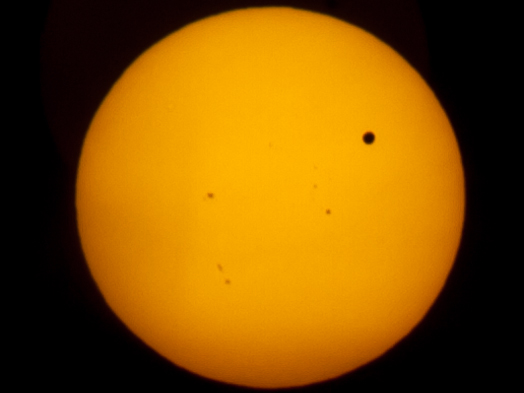- Feb 22, 2007
- 16,240
- 7
- 76
I haven't done much astrological type photography so looking for pointers or tips on photographing the upcoming venus transit. The photos are best taken at sunset so that means exposing the cameras sensor to focused direct sunlight. I don't have a lot of spare cash so looking for ways to minimize the damage that direct sunlight can cause and still get some good pics.
If you haven't heard of the venus transit, here is a link, next chance for viewing is 2117.
http://science.nasa.gov/venus-transit/
If you haven't heard of the venus transit, here is a link, next chance for viewing is 2117.
http://science.nasa.gov/venus-transit/
Last edited:



